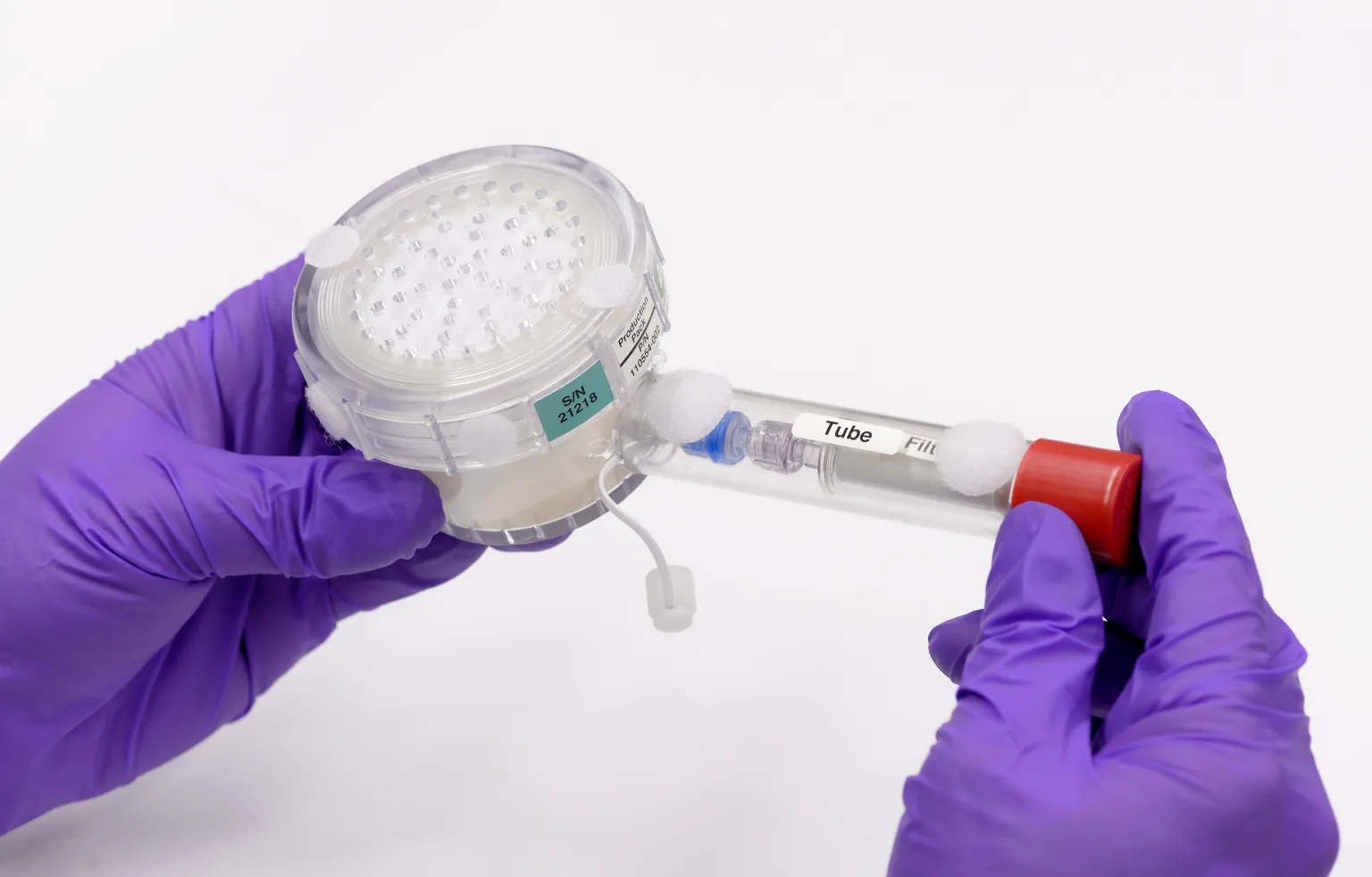Exploring the realm of life at its most fundamental level, researchers have delved into the realm of synthetic cells – artificial constructs that mimic the functions of living cells. These synthetic entities, comprised of cellular biochemistry encased in a membrane, offer a unique window into the intricate workings of biological processes.
In a recent publication in ACS Synthetic Biology, scientists have articulated the vast potential of synthetic cell development and the myriad possibilities it holds for advancing various fields. Spearheaded by Lynn Rothschild, an astrobiologist at NASA’s Ames Research Center, the paper serves as a seminal document, charting a course for future innovation in this burgeoning field.
The implications of synthetic cell research are far-reaching. Beyond unraveling the mysteries of cellular evolution and the origins of life on Earth, synthetic cells could revolutionize medical and agricultural sciences. From enhancing food production to pioneering new therapeutic interventions for chronic diseases, these synthetic constructs promise to redefine our approach to biological engineering.
Moreover, synthetic cell development has profound implications for space exploration. By probing the potential for life beyond Earth, researchers are not only pushing the boundaries of scientific inquiry but also laying the groundwork for future missions to extraterrestrial environments.
As Rothschild envisions, the journey of synthetic cell development holds the key to unlocking the intricate complexities of natural life. Harnessing the precision and adaptability of living cells, humanity stands poised to achieve feats previously deemed unimaginable.
Indeed, life’s remarkable capabilities offer boundless opportunities for innovation and discovery. Through the lens of synthetic biology, we are poised to embark on a transformative journey that promises to reshape our understanding of the universe and our place within it.















































